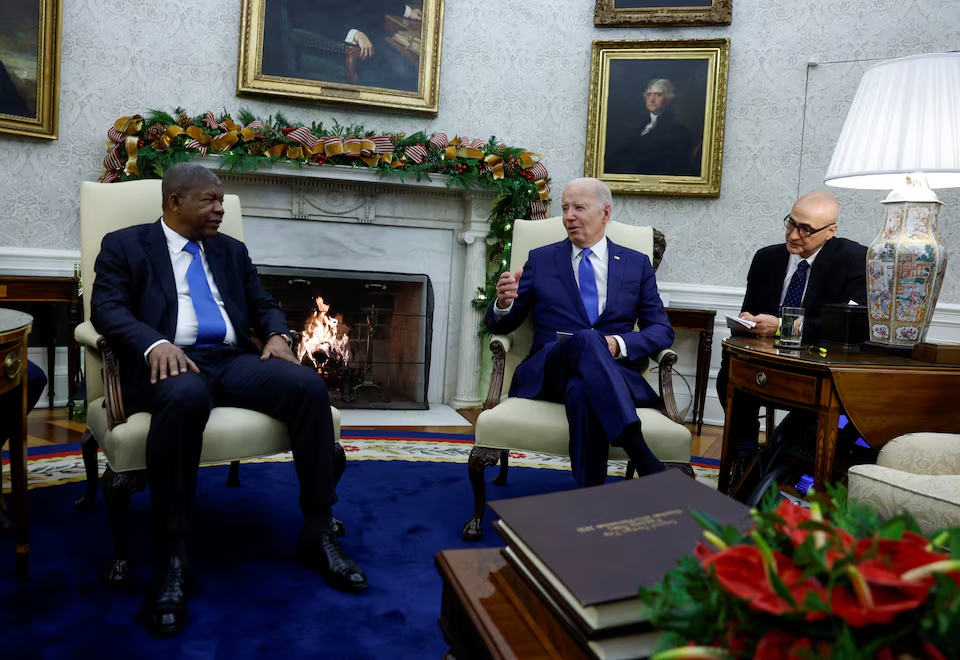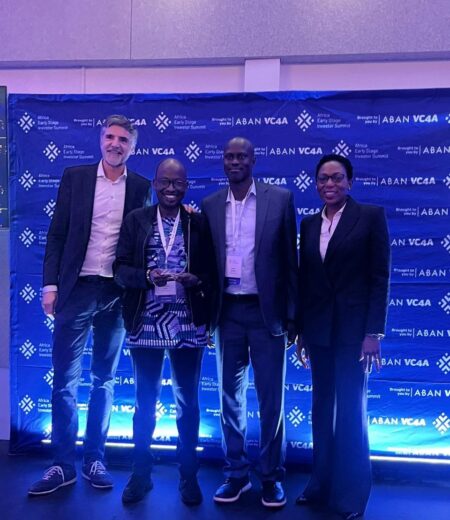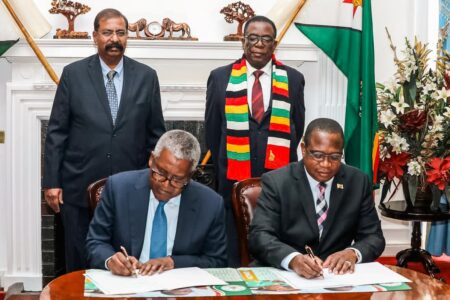- The Lobito railway project is central to Biden’s inaugural visit to Africa.
- President Biden seeks to enhance United States influence through the establishment of an additional rail connection to Zambia.
- A primary reason for the investment is to secure access to Africa’s abundant mineral resources.
Lobito Railway Central to Biden’s Africa Visit
President Biden, undertaking the inaugural visit to Africa by a sitting U.S. president in nearly a decade, considers the trip as an opportunity to mitigate Chinese influence in the continent and gain access to essential minerals that are vital for transitioning the global economy away from carbon-based fuels.
Central to this initiative is the 1,100-mile Lobito railway, which historically facilitated the transportation of uranium from the Congo for the Manhattan Project. A $866 million upgrade is being implemented, with the objective of facilitating the transportation of minerals, including copper and cobalt, from Zambia and the Democratic Republic of Congo to ports in the United States.
In the absence of a dependable rail solution until the recent commencement of operations by the new team on the Lobito line approximately one year ago, mining enterprises in Zambia and the Democratic Republic of Congo have predominantly depended on vehicles to transport their goods to ports located in South Africa, Tanzania, Mozambique, and Namibia.
These routes are, at a minimum, 40 per cent more costly than rail transport, necessitate border crossings that may require several days, and are susceptible to criminal organizations that target transporters, often absconding with their cargo.
Notwithstanding the Chinese investment that revamped the railway in 2015, freight traffic remained virtually nonexistent due to constrained capacity and the deplorable condition of the tracks in the Congo. Following the acquisition of the Trafigura Group and the subsequent introduction of new trains—primarily financed by the United States—travel durations have decreased from over a month to under a week. Consequently, the transportation of minerals to the United States now takes approximately half the time it required a year prior.
Beijing’s Influence

[Photo/Greg Baker/AFP]
Beijing has committed in excess of $1 billion to renovate an alternative route for the transportation of minerals and other cargo eastward into Tanzania, culminating at the Indian Ocean port of Dar es Salaam. This route was originally constructed during the tenure of Mao Zedong.“There is no time to waste,” says Amos Hochstein, a Biden adviser who’s been a strong supporter of the Lobito initiative. “We have been absent from the scene for far too long.”
President Biden seeks to enhance United States influence in Africa through the establishment of an additional rail connection to Zambia. The proposed 500-mile railway line, with an estimated cost of $1.6 billion, aims to establish a direct connection between Zambia’s copper region and Lobito via a more efficient route that circumvents the DRC. “It represents one of the most ambitious investments we have undertaken in a long time,” asserts Helaina Matza, an official within the Biden State Department.
Read Also: Lobito Corridor: a US-backed mining catalyst in DRC and Zambia
Diplomatic Relations Between Angola and the US

Since João Lourenço assumed the power in 2017, Angola has endeavored to diminish its reliance on China. Following recent leadership transitions, the DRC, Tanzania, and Zambia have likewise pursued closer ties with the US, resulting in a significant influx of Western capital.
The US International Development Finance Corp. has granted a $553 million loan to the Trafigura-led Lobito Atlantic Railway SA for line expansion. According to the State Department, the US government and American corporations have invested about $5 billion to initiatives along the corridor in agricultural, energy, telecommunications, and other sectors. Italy and the African Development Bank offered a total of $820 million for the new link to Zambia. While this represents just around half of the total cost, Zambian authorities want the US to cover the majority of the remaining costs.
Access to Africa’s Mineral Wealth
A primary reason for the investment is to secure access to Africa’s abundant mineral resources. The DRC and Zambia collectively hold approximately 10 per cent of the world’s copper reserves, in addition to being the predominant sources of cobalt globally.
Both minerals are essential to electric vehicles and other components of the transition away from fossil fuels. Chinese mining enterprises account for over two-thirds of the copper and cobalt production in the DRC, with a single company investing $9 billion in various projects since 2016. In Zambia, Chinese mining operators have committed to investments nearing $5 billion by the year 2031.
Currently, Western corporations are endeavoring to establish a presence. KoBold Metals, a US-based enterprise supported by Bill Gates, is proposing the establishment of a copper mine in Zambia with an investment of $2.3 billion. The company has pledged to ship a significant portion of its anticipated annual output of 300,000 tons of copper using the newly constructed rail line. Barrick Gold Corporation, headquartered in Toronto, is investing $2 billion in boosting its copper production at a mining facility in Zambia. First Quantum Minerals Ltd., headquartered in Vancouver, is allocating an investment of $1.3 billion to enhance its mining operations within the country.
Uncertainty Remains
The success of a project as intricate as Lobito remains uncertain in a region where the US lacks substantial experience in the development of rail infrastructure. It also remains uncertain whether Donald Trump, who has disparaged African nations and expressed limited enthusiasm for electric vehicles, will support the initiative upon his return to the White House in January.
However, Peter Pham, the former special envoy to the region under President Trump, asserts that the incoming president would endorse such initiatives. “Lobito helps promote prosperity on the continent, ensuring access to critical minerals and markets for America while countering Chinese domination of supply chains,” he says.











